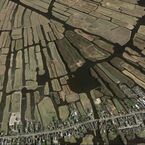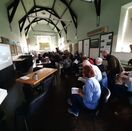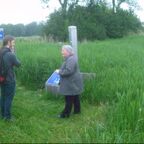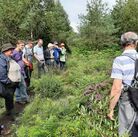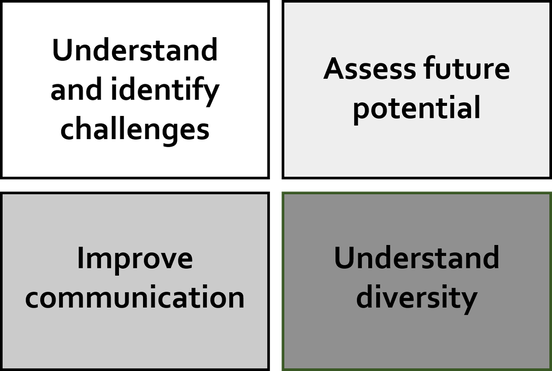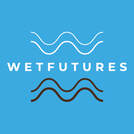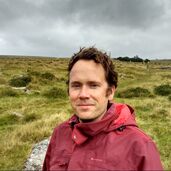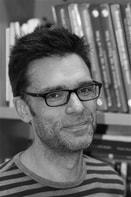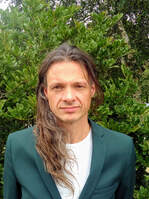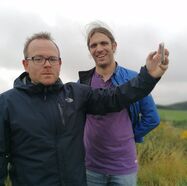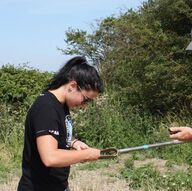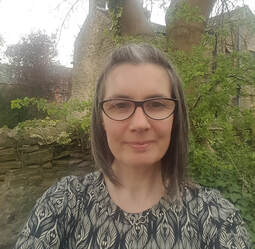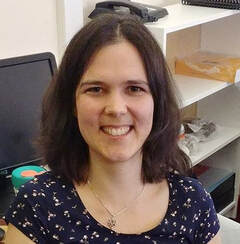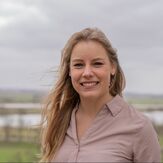Background
Wetlands are found on every continent except Antarctica. Many of these ecosystems have been impacted by humans for many millennia. They often preserve an enormous richness of tangible heritage, consisting of organic archaeological remains which do not survive on dryland sites, as well as important long-term records of environmental change (palaeoenvironmental records). Additionally, wetlands trans-nationally feature in cultural productions and represent intangible cultural heritage.
In wetland environments, heritage might range from the right to practice traditional land-use, even if this is unsustainable or damaging to biodiversity, through to the words and language associated with particular communities, as well as the more conventional definition of heritage as archaeological and historical remains. New approaches to understanding and mitigating the pressing current and future challenges to wetlands and tangible and intangible heritage aspects are essential.
The Wetfutures project focuses on a variety of key wetland areas which represent some of the most important and typical in the Netherlands, the United Kingdom and Ireland. Combined, these highly important ecosystems face a range of significant challenges in the twenty-first century.
tHE ISSUES
Previous projects and governing bodies have mainly addressed individual aspects of conservation, preservation, economic use or heritage impact. The Wetfutures project is designed to take a hollistic approach, integrating different strands and the most urgent challenges for wetland heritage. The issues driving the project are conceptualised and outlined below.
|
PLACE
Wetlands are threatened almost everywhere by ‘physical’ environmental processes (e.g. agricultural drainage, peat cutting, urbanisation, climate change) and social, economic, cultural and political factors influencing their perception and exploitation. Sustainable future management of wetland heritage requires a thorough understanding of the character and origins of these often fragile tangible and intangible remains. COMMUNICATION
Scientific data on the present and future importance of wetlands for a wide range of ecosystem services tend to be poorly communicated to the wider public audience. Wetlands have historically figured as uncultivable wastelands which is reflected in the words found in every European language to refer to marshes, mires, and morasses, and historically has resulted in deliberate drainage and conversion of wetlands to agriculturally productive land. In recent years they have been recognised as important ecosystems deserving of conservation and preservation efforts, but there is still often conflict with traditional and current economic uses, as well as local perceptions of ‘heritage’. |
PROCESS
The nature and importance of wetlands, e.g. as carbon sinks and containers of (in)tangible heritage, is often poorly understood outside specialist stakeholder groups. Tailor-made proactive strategies for the promotion of wetland heritage within the context of wetland conservation and restoration have not yet been coherently formulated across Europe. Heritage management strategies tend to focus on cultural remains as ‘physical’ elements as opposed to intangible heritage. PEOPLE
Wide diversity (both nationally and internationally) exists across stakeholders with respect to the ways wetland areas are perceived and represented. Few attempts have been made to address this diversity and establish coherent dialogues between parties to consider the ways in which wetland heritage might be best managed and protected. |
RESEARCH DESIGN
The project is designed to target key regions across three countries (see case study sites), covering a wide variety of wetland types. Combined they allow the creation of a framework for wetland heritage management and communication which can serve as a model for development across countries and regions throughout Europe.
The transdisciplinary research strategy and framework of this project are tailor-made to address the challenges of physical, social and political environmental change that wetlands are facing.
The transdisciplinary research strategy and framework of this project are tailor-made to address the challenges of physical, social and political environmental change that wetlands are facing.
The project aims to have the following outcomes and products:
- Raised public awareness of the importance of cultural heritage values in key European wetland environments, communicated through various mechanisms, including public outreach activities through social media;
- Enhanced knowledge of places, processes, communication and stakeholders to local and national decision makers (e.g. land use planners and policy makers), reported in policy summaries with recommendations;
- Knowledge and tools for decision makers on how to deal with diversity in society in general, reported in a booklet that describes general findings, and practices for organizing dialogues, and methods to study and understand stakeholder perceptions.
THE team
Dr Roy Van beekPI: NetherlandsRoy van Beek is an Assistant Professor at the departments of Soil Geography and Landscape (SGL) and Cultural Geography (GEO) of Wageningen University. He is mainly interested in reconstructing the dynamic relations between human and landscape through time, by means of interdisciplinary research, and in the application of scientific data in heritage management. Roy is also Principal Investigator of the Home Turf project (2017-2022, twitter: @hometurfproject), that focuses on the long-term history of Dutch peatlands.
Dr Benjamin GeareyPI: IrelandBen is a Lecturer in Environmental Archaeology, in the Department of Archaeology at University College Cork, Ireland. He has a range of research interests, witha particular focus on the archaeological and palaeoenvironmental records of peatlands.
Twitter: @benjamingearey |
Dr Ben JenningsPI: UNited KingdomBen Jennings is a lecturer in Archaeology at the University of Bradford. He completed his PhD at the University of Basel, studying lake-dwellings of the Alpine region. His research interests focus on wetland settlement and exploitation in prehistory, and the modelling of exchange and interaction systems.
Twitter: @benrjen Dr MAARTen JacobsProject PartnerMaarten Jacobs is Assistant Professor at the Cultural Geography chair group of Wageningen University. He uses social science theories and methods to study human relationships with landscape, nature, wildlife, and heritage. He examines the psychological mechanisms that bring about human thinking and feeling about the environment.
|
Dr rowin van lanenPDRA: NETHERLANDSRowin is a post-doc researcher and landscape archaeologist at Wageningen University and Research and the Cultural Heritage Agency of the Netherlands. His work mainly focuses on spatial modelling, digital heritage studies, data analyses, landscape archaeology and studying past human-landscape interaction in the northwest European lowlands.
|
dr kim daviesResearch associateKim is a post-doc researcher who specialises in understanding past environments and human interactions using proxies such as insects and geochemical markers. Her recent work has focused understanding prehistoric societies and their impacts in, and movements through wetland systems.
Twitter: @kim_ldavies |
Dr Abigail flintResearch Associate:
|
Rosie EverettResearch Associate: irelanDRosie Everett is research assistant at the University College Cork, with a research focus on the archaeological and palaeoenvironmental records of peatlands. She is currently completing her PhD on sedimentary DNA as a novel proxy for palaeoenvironmental reconstruction. She has previously worked in private sector industries working on policy and engagement for the heritage sector.
Twitter: @arch_sedaDNA Maria de WitResearch associate: NETHERLANDSMaria is a research assistant in the Cultural Geography Group at Wageningen University. She is an social scientist interested in sustainable human-environment interaction. Within the Wet Futures project she will do quantitative research regarding the meaning of bog landscapes to visitors.
|

